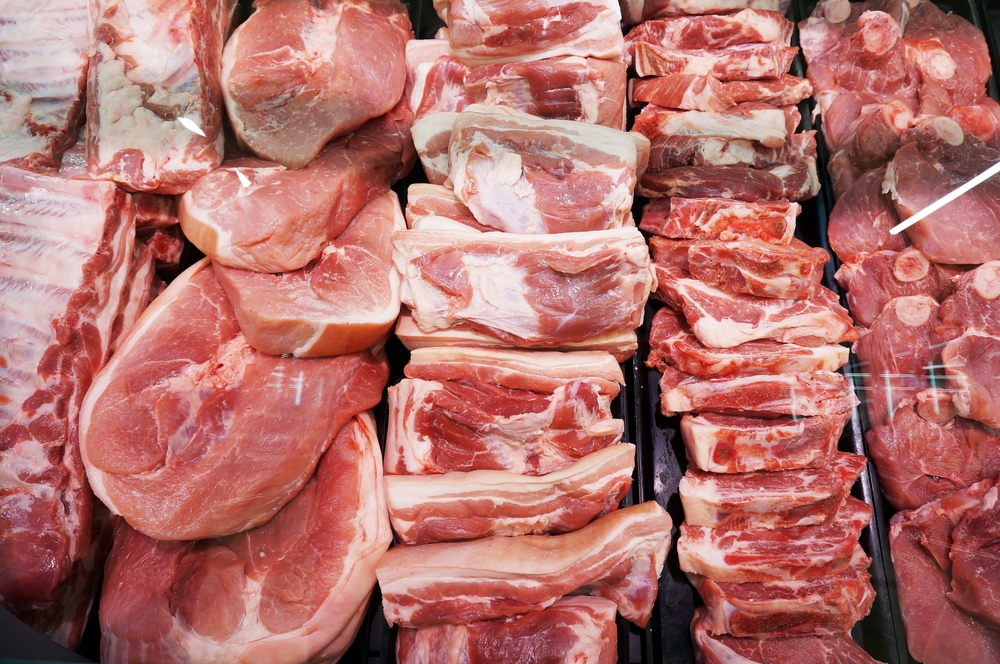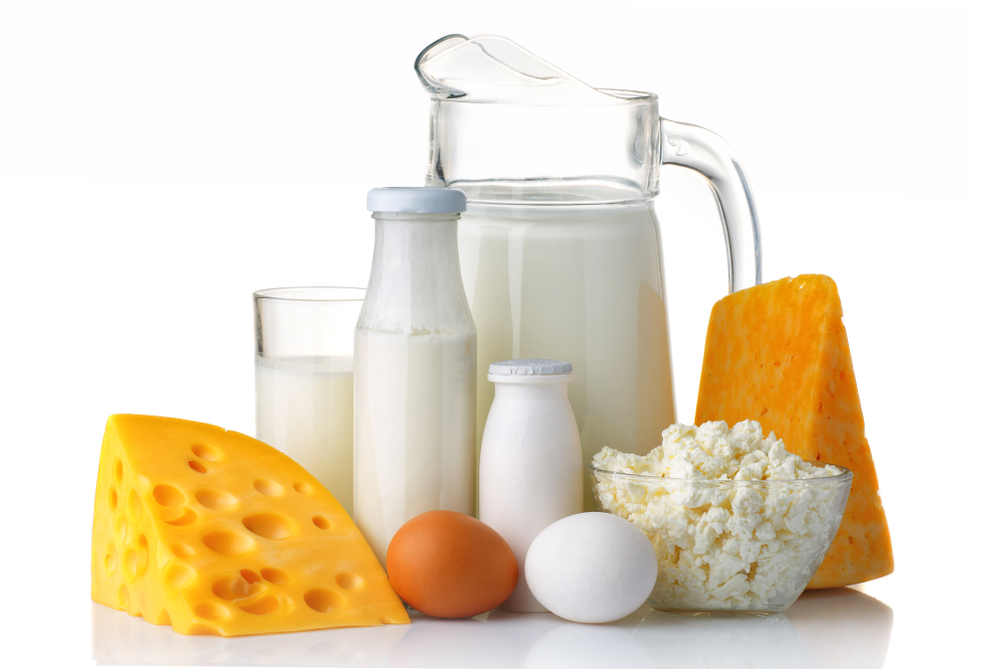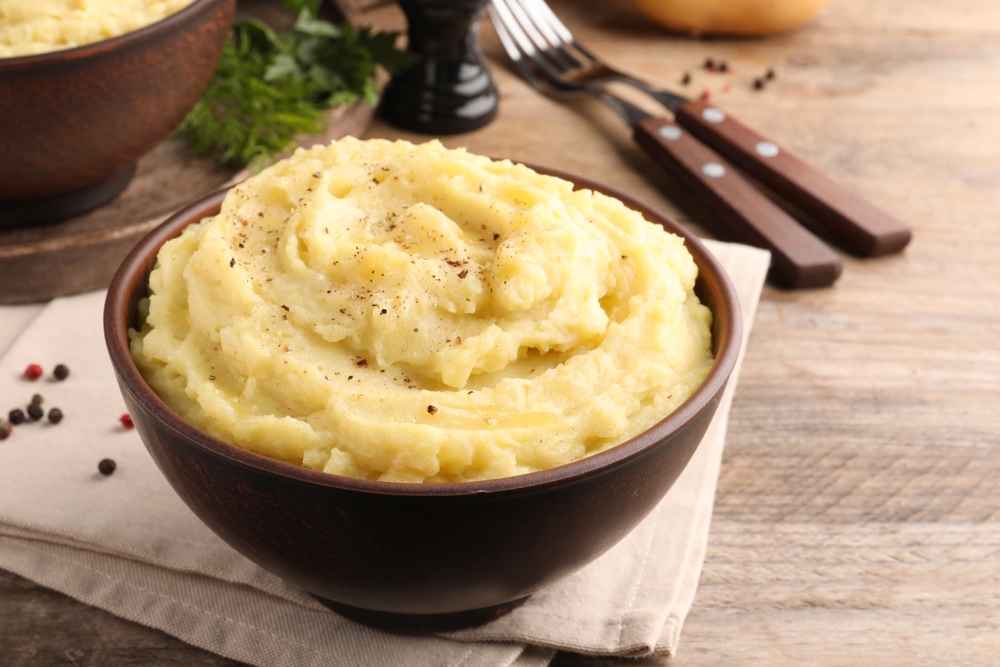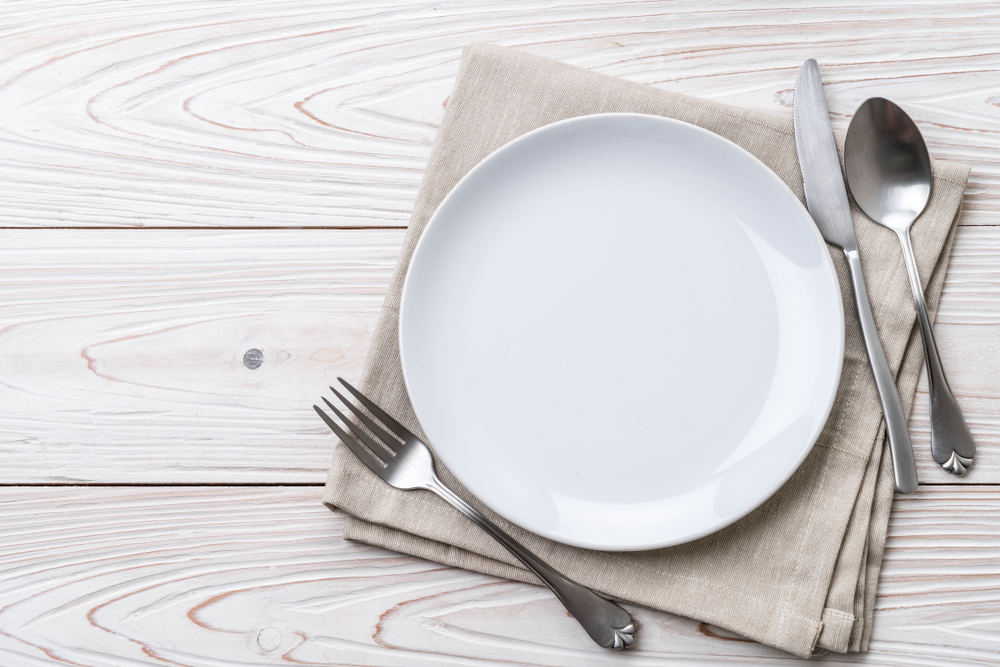In the world of diet trends, extreme and unsustainable approaches often get a lot of attention. While they promise quick fixes and dramatic results, most of these diets are not only unhealthy but can also lead to long-term consequences. Here’s a look at 13 extreme diets that you should avoid at all costs.
1. The Alkaline Diet

Proponents of the Alkaline Diet claim that eating foods that make your body more alkaline will improve health and lead to weight loss. The theory behind it is that our bodies become too acidic from modern diets, leading to diseases and weight gain. However, your body already regulates its pH levels perfectly well, and no food has the power to alter this balance. This diet may leave you restricting vital food groups that provide essential nutrients for optimal health. According to Transparent Labs, there is little scientific evidence to support the health claims of an alkaline diet, and many acidic foods are beneficial for weight loss and overall health.
Long-term adherence to this diet can lead to nutrient imbalances, especially if you eliminate foods like dairy and meats. While incorporating more vegetables and fruits into your diet is great for your health, doing so at the expense of protein and whole grains can backfire. There’s no scientific evidence to support the need for extreme pH adjustments through food. Eating a variety of whole foods is your best bet for maintaining health and achieving sustainable weight management.
2. The Cabbage Soup Diet

According to Everyday Health, the Cabbage Soup Diet is a short-term weight loss plan that promises quick results but is considered a fad diet by experts. While it may lead to rapid weight loss, most of this is water weight that is quickly regained. The diet is very low in calories, protein, carbs, and fat, which can lead to nutrient deficiencies if followed long-term. Side effects may include weakness, fatigue, dizziness, and uncomfortable digestive issues. Health professionals generally do not recommend this diet, as it lacks essential nutrients and may disrupt metabolism. Instead, they suggest focusing on balanced, sustainable approaches to weight management that include a variety of nutritious foods.
Long-term results are nearly impossible with such an extreme restriction, and the body’s metabolism can slow down in response. This diet also offers no long-term sustainability and can leave you craving a more balanced eating pattern. Not to mention, the boredom of eating cabbage soup for days on end can make you give up before reaching your goal. Instead of suffering through a diet that lacks balance, consider a more sustainable approach to weight management.
3. The Master Cleanse

The Master Cleanse involves drinking a mixture of water, lemon juice, cayenne pepper, and maple syrup for 10 days, and it’s often promoted as a detox. While the idea of “cleansing” the body might seem appealing, the lack of nutrients can lead to dizziness, fatigue, and even muscle loss. There’s no scientific backing for the claim that fasting or detoxing has any lasting health benefits. What’s more, the rapid weight loss that comes from such a restrictive liquid diet is often temporary. According to Wikipedia, this diet lacks essential nutrients and can cause electrolyte imbalances and metabolic acidosis if followed long-term.
Relying on a liquid cleanse doesn’t provide the essential nutrients the body needs to function well. You’ll likely find yourself rebounding to unhealthy eating patterns once you finish, making any weight loss unsustainable. True health and wellness come from a balanced diet that supports your body over the long term, rather than a brief and drastic detox. If you want to improve your body’s natural detox processes, focus on a whole-foods-based diet with plenty of water instead.
4. The Tapeworm Diet

This diet involves intentionally ingesting tapeworms to cause a parasitic infection in the hope of losing weight. Aside from the obvious health risks, such as abdominal pain, nausea, and long-term damage to the digestive system, this is as extreme as it gets. The dangers don’t stop at temporary discomfort; tapeworms can cause malnutrition, organ damage, and severe infections that require extensive medical treatment. In short, this approach is unsafe, unethical, and highly unadvised. According to Healthline, tapeworms can lead to life-threatening complications like neurocysticercosis (brain cysts) and organ damage, with no legitimate weight-loss benefit.
It’s unfathomable that anyone would consider such a dangerous diet when there are healthier, scientifically backed methods for weight loss. Even if the method worked temporarily, it’s not worth risking your health for. True wellness comes from nourishing your body with wholesome food and exercising regularly. Tapeworms are not the secret to lasting weight loss – common sense is.
5. The Grapefruit Diet

The Grapefruit Diet promotes eating half a grapefruit before every meal, claiming it will “melt fat” and help you lose weight quickly. It’s yet another extreme diet that focuses on one food group, which, in this case, is grapefruit. While grapefruits are healthy and offer benefits like vitamin C and antioxidants, there’s no magic weight-loss power in the fruit. This diet leaves little room for variety, and over time, it can lead to nutrient deficiencies.
Eating only grapefruit as a “fat-burning” food is not a sustainable or balanced way to approach health. Your body requires a variety of nutrients from different food groups to thrive. Plus, the weight you lose initially from this restrictive diet is often temporary, and you’re likely to gain it back once you return to regular eating habits. A balanced diet that includes all food groups is the only way to achieve lasting weight loss and maintain overall health.
6. The Baby Food Diet

With the Baby Food Diet, followers eat jars of baby food to reduce portion sizes and calories. While it might seem appealing to have pre-portioned meals, this diet isn’t suitable for adults and can leave you malnourished. Baby food doesn’t provide the full range of nutrients you need to maintain energy and health. Plus, relying on pureed food can mess with your digestion and appetite regulation, which is crucial for maintaining a healthy relationship with food.
Long-term, you’ll find yourself deprived of the variety, texture, and nutritional value of regular meals. It’s important to nourish your body with whole foods that provide all the necessary nutrients in adequate quantities. Instead of reverting to baby food, focus on mindful eating and making healthier choices in your everyday meals. A balanced, portion-controlled diet is far more effective in supporting sustainable weight management than this gimmick.
7. The Carnivore Diet

The Carnivore Diet is an extreme version of a low-carb diet that focuses solely on eating animal products—mostly meat, eggs, and dairy. While the diet eliminates carbs, making it attractive to some looking for quick weight loss, it’s highly restrictive and lacks essential plant-based nutrients. The body needs a variety of vitamins and minerals that you simply won’t get from animal products alone. This diet also puts you at a higher risk of heart disease due to excessive intake of saturated fats.
While some short-term weight loss might occur, the long-term effects of such a diet can be detrimental to your overall health. You’re likely to experience nutrient deficiencies, digestive issues, and an increased risk of chronic diseases. Maintaining a balanced intake of protein, fats, and carbohydrates from both animal and plant sources is key to a sustainable, healthy diet. Extreme diets like the Carnivore Diet should be avoided in favor of a more diverse approach to nutrition.
8. The Potato Diet

The Potato Diet involves eating nothing but potatoes for several days or even weeks. While potatoes are rich in fiber and can help with digestion, they lack essential nutrients like protein and healthy fats. A diet limited to potatoes can lead to deficiencies and an unbalanced nutritional profile. Additionally, extreme restriction like this often leads to rapid weight loss, but it’s typically water weight and muscle mass rather than fat loss.
Long-term reliance on potatoes won’t sustain your body’s needs, and it’s a recipe for nutritional disaster. Your metabolism can also slow down, which may make it even harder to maintain weight loss once you return to a more varied diet. The body thrives on balance, so it’s far healthier to include a range of vegetables, proteins, and healthy fats in your meals. Instead of an extreme diet, focus on eating a diverse and nutrient-dense diet that supports long-term health.
9. The Ice Cream Diet

The Ice Cream Diet might sound like a dream come true, but it’s far from a healthy way to lose weight. It involves eating ice cream as the primary food source, which is loaded with sugar, fat, and empty calories. While indulging in ice cream now and then is fine, consuming it as a primary food source doesn’t provide any essential nutrients. It can also lead to blood sugar spikes and energy crashes, leaving you feeling sluggish and deprived.
Such an extreme approach to dieting may cause initial weight loss, but it won’t last. The body requires protein, healthy fats, and complex carbs to function at its best, none of which are found in ice cream. Instead of turning to a diet that revolves around sugary indulgences, focus on a balanced, wholesome diet to nourish your body. If you’re craving ice cream, enjoy it in moderation alongside other nutrient-rich foods.
10. The Air Diet

The Air Diet involves “eating” nothing but air, with the claim that you can nourish yourself by just breathing deeply. This absurd diet suggests that you can eliminate food from your life altogether by relying on the breatharian lifestyle. There are no proven health benefits to this diet, and it can lead to dehydration, malnutrition, and organ failure. It’s not only unscientific but also incredibly dangerous to your body’s well-being.
Starving your body of food for an extended period doesn’t provide any lasting benefits. Your body needs real, whole food to sustain energy and function. Rather than starving yourself, focus on healthy eating habits that promote lasting wellness. The Air Diet is a dangerous example of just how far extreme dieting can go, and it’s best avoided for the sake of your health.
11. The Sunlight Diet

The Sunlight Diet suggests that you can live off sunlight by absorbing energy through your skin and eyes, eliminating the need for food. This extreme claim is not only untrue but poses a serious risk of vitamin D toxicity and skin damage. The body requires a balance of macronutrients and micronutrients from food, which sunlight cannot provide. While sunlight does help produce vitamin D, it cannot replace the need for proper nutrition.
It’s essential to recognize that the body thrives on a variety of foods, not just the sun’s rays. Extreme diets like the Sunlight Diet are a dangerous form of restriction, leading to severe malnutrition and health complications. It’s far better to get your vitamin D from food sources or supplements and maintain a balanced diet to meet all your nutritional needs. Healthy eating and sunlight exposure are both important, but cannot replace each other.
12. The Cotton Ball Diet

The Cotton Ball Diet involves eating cotton balls soaked in fruit juice or other liquids to curb hunger and reduce calorie intake. This dangerously bizarre diet leads to major health risks, including choking, intestinal blockages, and malnutrition. The body is simply not designed to digest non-food items like cotton, and doing so can lead to severe gastrointestinal problems. Additionally, this “diet” doesn’t provide any real nutritional value and will leave you feeling weak and deprived.
Shockingly, such extreme diets exist, but they often gain popularity due to the desire for quick fixes or dramatic results. Instead of resorting to dangerous methods like this, focus on balanced meals that provide real nutrition and support long-term health. Healthy weight loss comes from consistency, not from eating non-food substances. The Cotton Ball Diet is a perfect example of an extreme, unhealthy trend to avoid at all costs.
13. The Water Diet

The Water Diet involves drinking nothing but water for several days, with no food intake whatsoever. While staying hydrated is essential for health, it’s important to note that water alone cannot provide the calories, vitamins, and minerals necessary for survival. Prolonged water fasting can lead to dizziness, fatigue, and even more severe health complications, such as organ failure. Your body needs real, nutrient-dense food to function at its best, not just water.
While short-term fasting can be part of a detox routine, extreme water fasting should never be attempted without medical supervision. Long-term restriction like this only causes your metabolism to slow down, making it harder to lose weight sustainably. If you want to lose weight, focus on healthy eating habits and portion control rather than extreme water fasting. Your body will thank you for nourishing it with real, whole foods.

Abisola is a communication specialist with a background in language studies and project management. She believes in the power of words to effectively connect with her audience and address their needs. With her strong foundation in both language and project management, she crafts messages that are not only clear and engaging but also aligned with strategic goals. Whether through content creation, storytelling, or communication planning, Abisola uses her expertise to ensure that her messages resonate and deliver lasting value to her audience.


